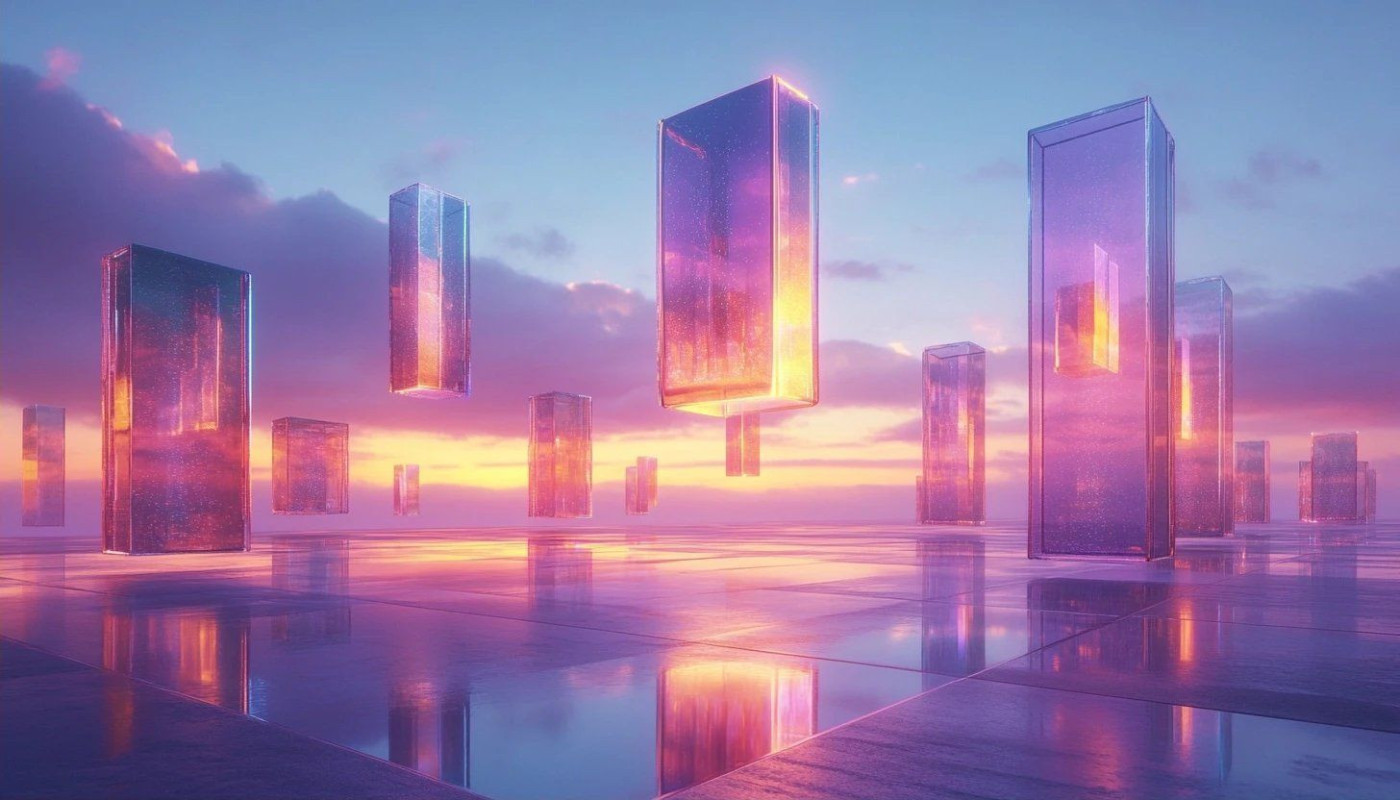Table of contents
Generative AI is rapidly transforming the landscape of creative industries, introducing new possibilities and challenging conventional methods. This article invites readers to explore how this groundbreaking technology is redefining content creation, design, and artistic collaboration. Dive deeper to understand the profound impact of generative AI on the creative process and what it means for the future of innovation.
Revolutionizing content creation
Generative AI, powered by advanced neural networks, is fundamentally reshaping content creation in creative industries by introducing levels of efficiency and diversity that were previously unattainable. Through intelligent content automation, generative AI systems can analyze massive datasets and produce new works in formats ranging from digital storytelling to visual art and music composition. These models not only replicate existing styles but also generate unique content, allowing organizations to scale creative output without compromising on originality or quality. AI-driven creativity minimizes manual intervention in repetitive tasks, such as video editing, copywriting, and image generation, while enabling rapid prototyping of ideas. As neural networks continually learn and adapt, they support a dynamic ecosystem where creative professionals can focus on conceptual innovation and high-level decision-making, harnessing technology as a collaborative force. This transformation is setting new standards for productivity, customization, and audience engagement across the creative industries landscape.
Empowering new forms of artistry
Generative AI is opening unprecedented possibilities for digital artists and creative directors, introducing a vibrant era of algorithmic creativity. By leveraging machine learning, artists can experiment with unfamiliar patterns, color palettes, and concepts, sparking creative innovation that transcends traditional techniques. These creative tools allow collaboration between human vision and computational processes, enabling professionals to produce AI art that feels both original and emotionally resonant. The blend of intuition and algorithmic suggestion empowers creators to explore uncharted visual territories, making the future of creative industries dynamic, inclusive, and continuously evolving.
Enhancing collaboration and workflows
Generative AI is redefining creative collaboration by enabling teams to work together more seamlessly, regardless of their physical location. AI tools integrated into cloud-based platforms facilitate real-time idea sharing, version control, and streamlined feedback cycles, which dramatically enhance digital workflows. These technologies support project management by automating repetitive tasks and tracking progress, allowing professionals to focus on innovation and creative problem-solving. The result is improved teamwork efficiency and a significant reduction in production bottlenecks. For creative industries seeking to maximize productivity and nurture collaborative environments, cloud-based solutions backed by generative AI are quickly becoming indispensable. To discover how such platforms are powering the next evolution in creative work, click for more.
Personalizing user experiences
Generative AI revolutionizes the delivery of personalized content by leveraging data-driven personalization, enabling brands to adapt creative outputs to individual preferences at scale. Through the analysis of audience insights, AI recommendations facilitate precise experience design, ensuring each user receives content that resonates with their tastes and behaviors. This tailored approach fosters higher user engagement, as consumers are more likely to interact with material that feels relevant and meaningful. For chief marketing officers, embracing generative AI provides a strategic advantage in crafting targeted campaigns, optimizing resource allocation, and continuously refining offerings based on real-time data. As personalized content becomes increasingly central to digital strategies, the capacity for AI to dynamically adjust and optimize experiences promises sustained growth in audience loyalty and conversion rates.
Navigating ethical considerations
Integrating generative AI into creative industries introduces complex ethical challenges that demand comprehensive strategies. AI ethics must be prioritized as the technology blurs traditional boundaries of originality and creative responsibility. Copyright issues arise when AI-generated works draw from vast datasets, potentially replicating existing content without authorization, making the protection of intellectual property rights a top priority. Legal teams should ensure transparency in AI operations by documenting how content is created and attributing contributions accurately, which strengthens ethical AI practices. The chief legal officer is advised to establish robust guidelines for managing creative responsibility, addressing questions of accountability, and providing clear policies for ownership and utility of AI-generated assets. These protocols foster trust among creators, consumers, and stakeholders, reinforcing the integrity of creative sectors.
On the same subject

How Safe, Fast Coin Transfers Enhance Your Gaming Experience

Online Betting: A New Frontier for Tech Innovation

Latest findings to get more out of solar energy.

Solutions to disputes related to nuclear weapons

